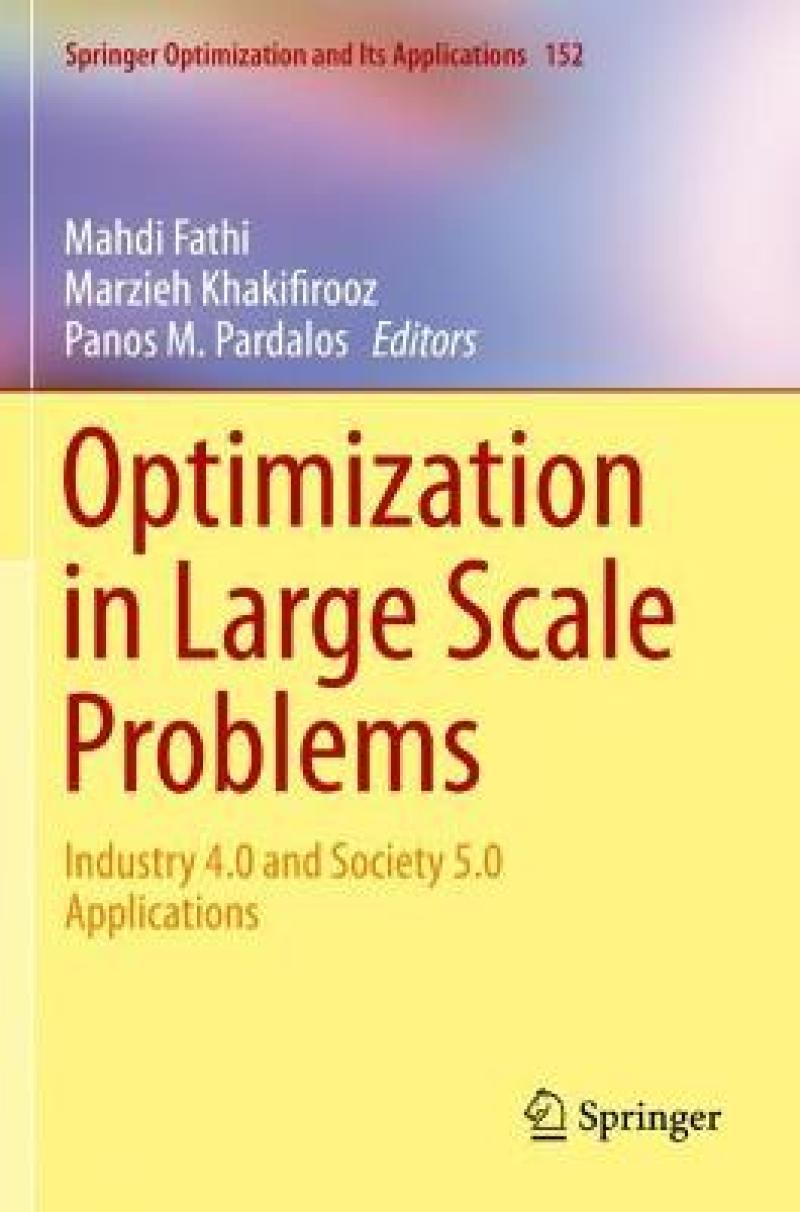Produktdetaljer
Biographical note
Mahdi Fathi is a Postdoctoral Associate at the Department of Industrial and Systems Engineering at Mississippi State University. He received his BS and MS from the Department of Industrial Engineering, Amirkabir University of Technology (Tehran Polytechnic) and Ph.D. from Iran University of Science and Technology, Tehran, Iran in 2006, 2008 and 2013, respectively. He is the recipient of three postdoctoral fellowships and was a visiting scholar at Center for Applied Optimization, Dept. of Industrial and Systems Engineering-University of Florida (USA) and Dept. of Electrical Engineering-National Tsing Hua University in Taiwan. He worked at Optym as a senior systems engineer and at A Model Of Reality Inc. as a system design engineer in the USA and several other companies in different industry sectors. Prof. Fahti is an active member of several societies and institutions and serves on the editorial board of several journals. His research interests include Queuing Theory and Its Applications; Stochastic Process; Optimization; Artificial Intelligent; Uncertain Quantification; Smart Manufacturing & Industry 4.0; Reliability with their applications in Health Care, Bio-medicine, Agriculture & Energy.
Marzieh Khakifirooz has a Ph.D. in Industrial Engineering and Engineering Management and an M.S. degree in Industrial Statistics from the National Tsing Hua University (NTHU), Hsinchu, Taiwan. Currently, she is an assistant professor at school of science and engineering, Tecnológico de Monterrey, Monterrey, Mexico. Khakifirooz has outstanding practical experience from her various global consultancies for high-tech industries. Her research interests include the application of optimization in smart manufacturing, Industry 4.0, decision making and machine teaching. She is active member of System Dynamic Society, Institute of Electrical and Electronics Engineers (IEEE), and Institute of Industrial and Systems Engineers (IISE).
Panos M. Pardalos serves as distinguished professor of industrial and systems engineering at the University of Florida. Additionally, he is the Paul and Heidi Brown Preeminent Professor of industrial and systems engineering. Pardalos is also an affiliated faculty member of the computer and information science department, the Hellenic Studies Center, and the biomedical engineering program. Additionally, he serves as the director of the Center for Applied Optimization. Pardalos is a world leading expert in global and combinatorial optimization. His recent research interests include network design problems, optimization in telecommunications, e-commerce, data mining, biomedical applications, and massive computing. Pardalos is a prolific author who lectures all over the world. He is the recipient of a multitude of fellowships and awards, the most recent of which is the Humboldt Research Award (2018).
